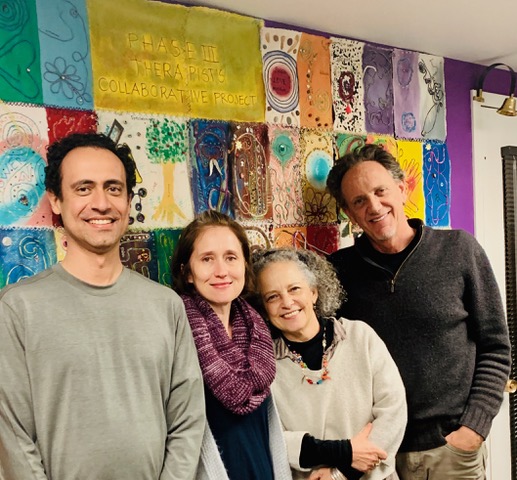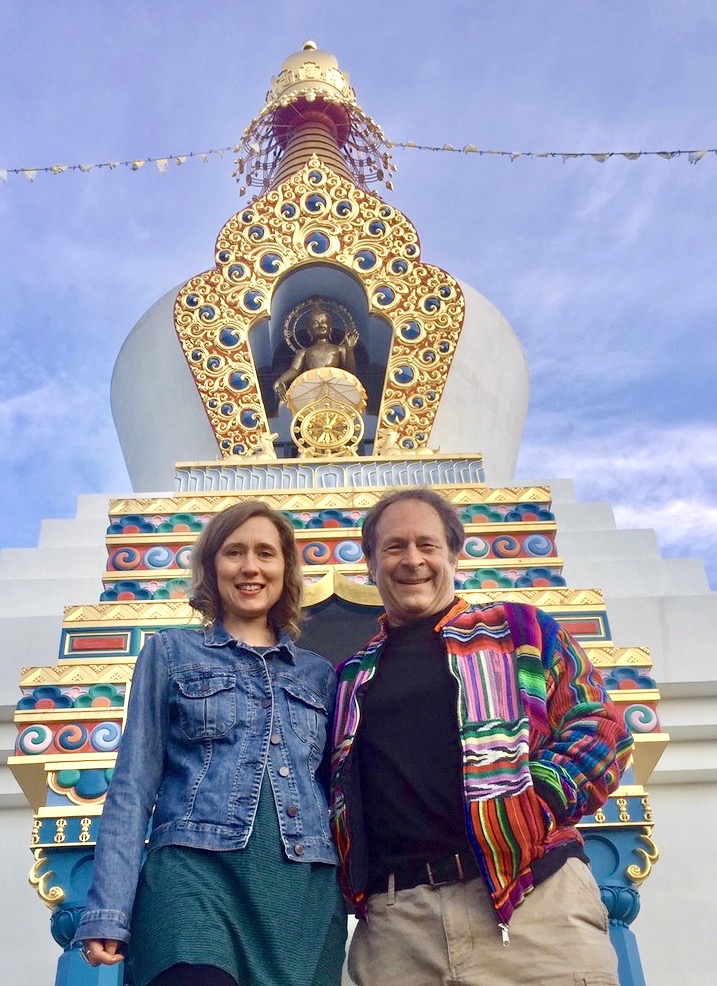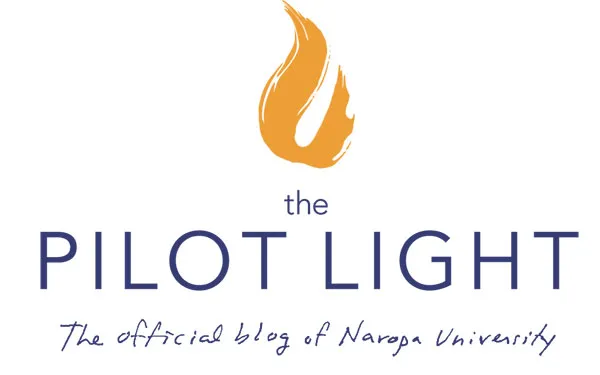
(This article was originally published for Multidisciplinary Association for Psychedelic Studies (MAPS) and has been shortened and reposted with permission. Read the full article here).
As more and more people turn to guided therapeutic encounters with psychedelics for healing and connection, chaplains are stepping in to tend the gap between these therapies and participants’ spiritual and religious belonging. Professionally trained chaplains mediate a felt sense of compassion and wellbeing that is connected to sources of meaning that are more sustaining than medical and psychological models alone can provide.
Professional chaplains, also referred to as spiritual health practitioners and spiritual care providers, serve in hospitals, hospices, prisons, universities, and military settings. To become a board-certified professional chaplain in a North American context requires three years of graduate theological education and one year of closely supervised clinical training. To supervise chaplaincy, one must complete an additional 3 to 5 years of education and mentorship. Along with academic and clinical preparation, chaplains are endorsed by our religious or spiritual traditions, placing professional practice within communities of accountability and belonging. Professional chaplaincy training emphasizes theological depth, empathic and non-judgmental presence in the face of emotional, spiritual, and existential distress, and the capacity to offer skilled interventions that prioritize the care seeker’s spiritual values and guidance as the central ethos of care.

Professional chaplaincy is now expanding beyond the walls of traditional societal institutions. Eco-chaplaincy training programs prioritize tending to the ecological crisis and the human relationship to the natural world, while movement chaplaincy emphasizes accompanying protesters and building resilience in social justice movements. As psychedelic use becomes more mainstream and clinical research progresses, chaplains are beginning to contribute to psychedelic therapies as guides and spiritual caregivers as well.
In addition to deepening the preparation and integration processes, capable professional chaplains offer the following gifts and commitments to the field of psychedelic-assisted therapies:
Empathic Self-Awareness and Presence
Compassion-Based Resilience
Ritual Care
Ethical Accountability
Experience with Non-Ordinary States of Consciousness
Learn more by reading the full article here
 Jamie Beachy, MDiv, Ph.D., is Assistant Faculty and Director of the Center for Contemplative Chaplaincy at Naropa University in Boulder, Colorado. Jamie is a certified spiritual care educator (ACPE) and has served as a chaplain and ethics consultant in diverse contexts including hospice, palliative care, and trauma care settings. In addition to her faculty responsibilities with Naropa’s Master of Divinity program, Jamie is a co-therapist for the MAPS-sponsored phase III MDMA-assisted therapy study in Boulder.
Jamie Beachy, MDiv, Ph.D., is Assistant Faculty and Director of the Center for Contemplative Chaplaincy at Naropa University in Boulder, Colorado. Jamie is a certified spiritual care educator (ACPE) and has served as a chaplain and ethics consultant in diverse contexts including hospice, palliative care, and trauma care settings. In addition to her faculty responsibilities with Naropa’s Master of Divinity program, Jamie is a co-therapist for the MAPS-sponsored phase III MDMA-assisted therapy study in Boulder.


